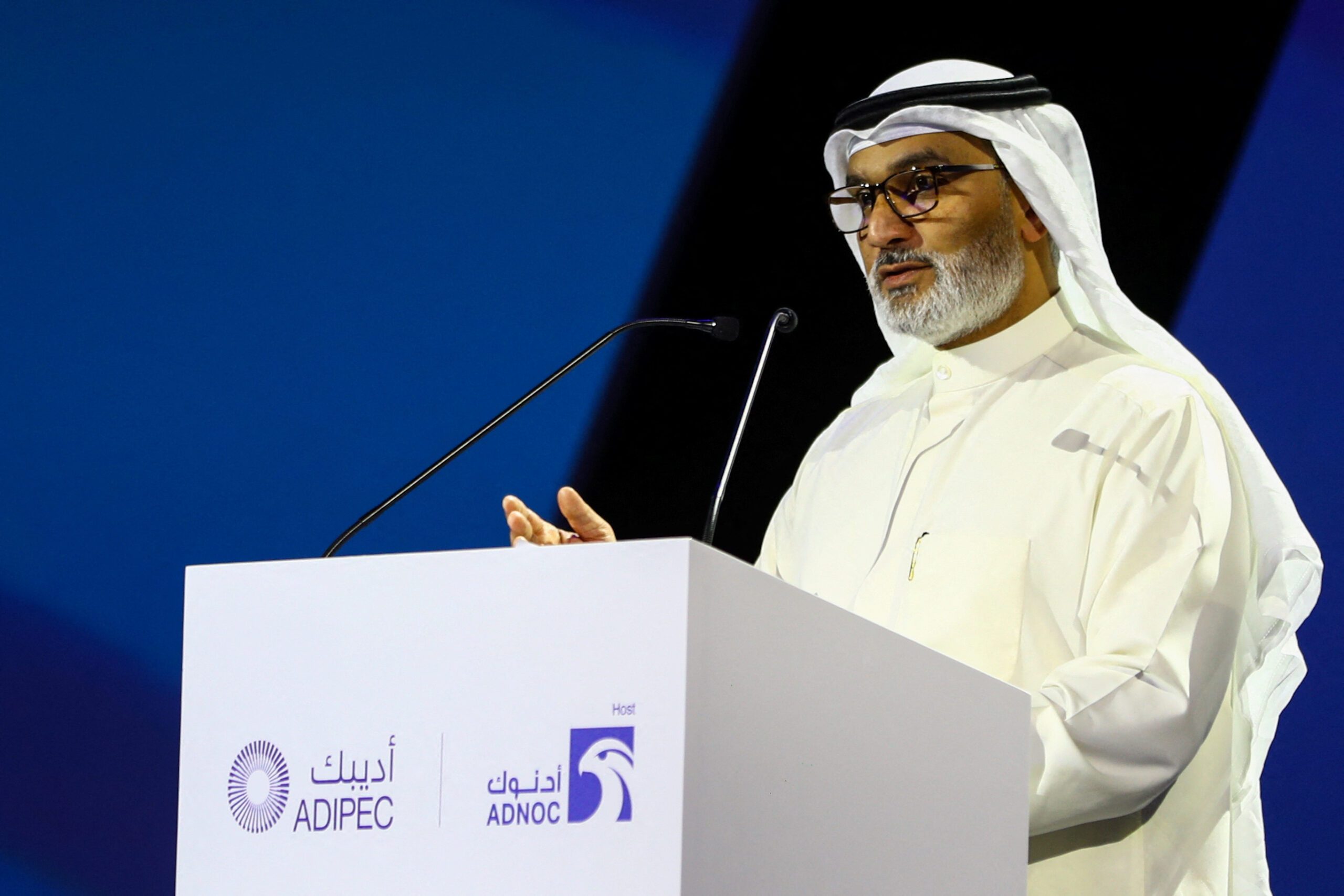SUMMARY
This is AI generated summarization, which may have errors. For context, always refer to the full article.

DUBAI, United Arab Emirates – Organization of the Petroleum Exporting Countries (OPEC) Secretary General Haitham Al Ghais said on Monday, May 22, that underinvesting in the oil and gas sector could cause market volatility in the long term and imperil growth.
He also said the world needs to focus on reducing greenhouse gas emissions rather than replacing one form of energy with another, stressing that major investments were needed in all energy sectors.
“That is the truth that needs to be spoken,” Al Ghais told the Middle East Petroleum and Gas Conference in Dubai.
OPEC estimates that the world needs $12.1 trillion in investments to meet rising oil demand in the long term.
With global oil demand growth at around 8 million barrels per day (bpd), the world could face a supply problem as Western sanctions on Russian oil curtail production growth, Fereidun Fesharaki, chairman of the FGE Consultancy, said at the same event.
Russia can maintain production at around 10 to 11 million bpd but 2 million bpd of future growth are unlikely to go ahead with sanctions in place, he said.
Russian oil and gas is subject to a range of Western sanctions aimed at limiting sales to the West and capping prices for Russian oil.
Fesharaki also said he saw OPEC behaving in a very different way than it used to with US shale oil growth no longer a worry with higher prices.
OPEC has instead shifted its focus to monetizing oil resources before demand peaks.
Fesharaki said he saw “a desire to keep oil prices above $80 a barrel and a willingness to go over $100 if the market tightens.”
OPEC and its allies, led by Russia, known as OPEC+, agreed to cut production in late 2022 to support the market as the economic outlook worsened, hitting prices.
Then in a surprise move in April, Saudi Arabia and other OPEC+ members announced further oil output cuts of around 1.2 million bpd.
OPEC+ members are set to meet in Vienna on June 4 to decide on their next course of action. – Rappler.com
Add a comment
How does this make you feel?
There are no comments yet. Add your comment to start the conversation.